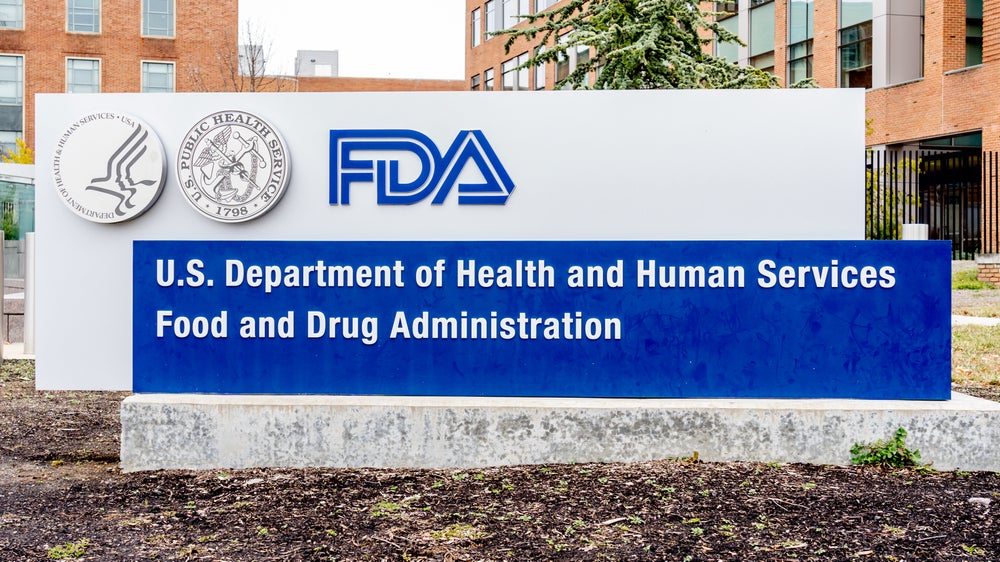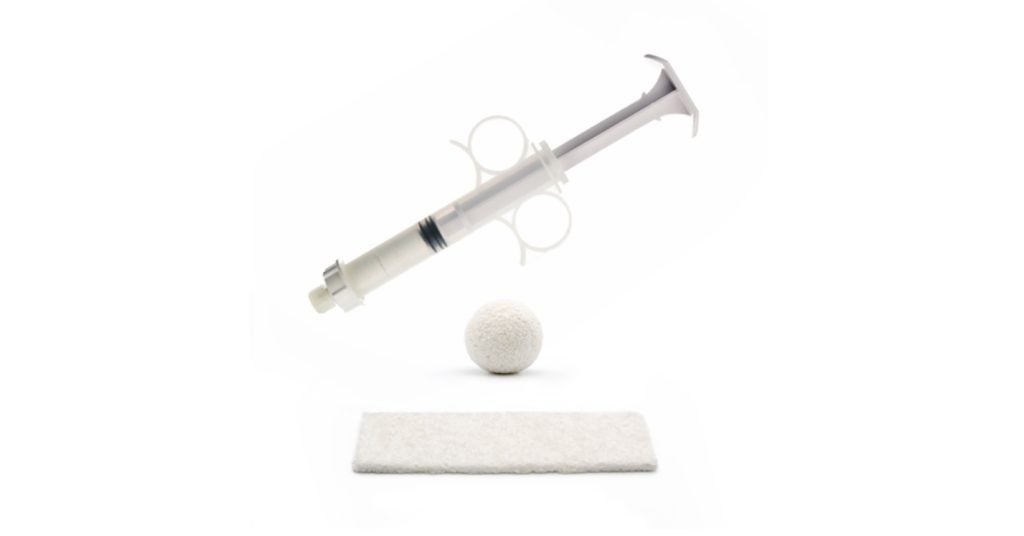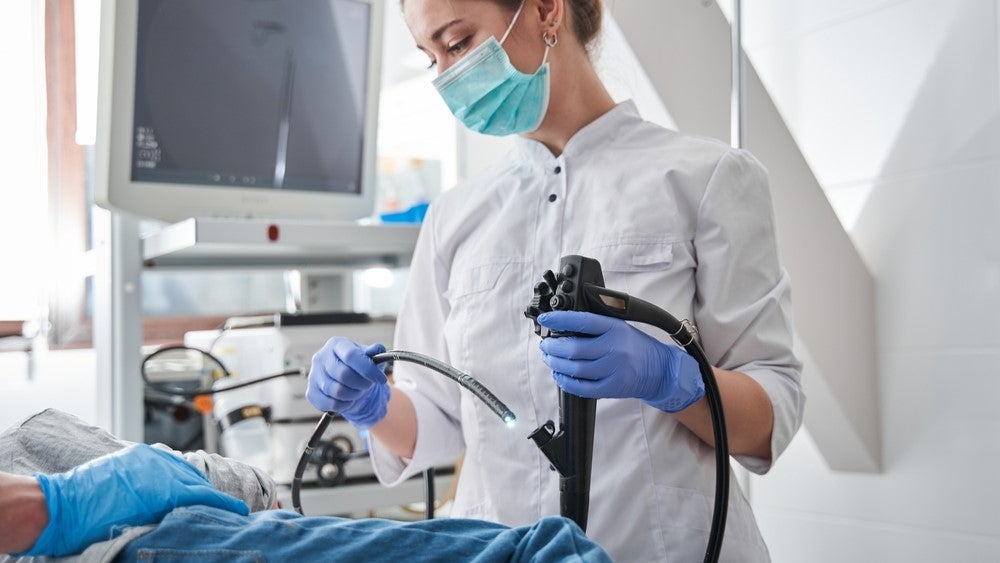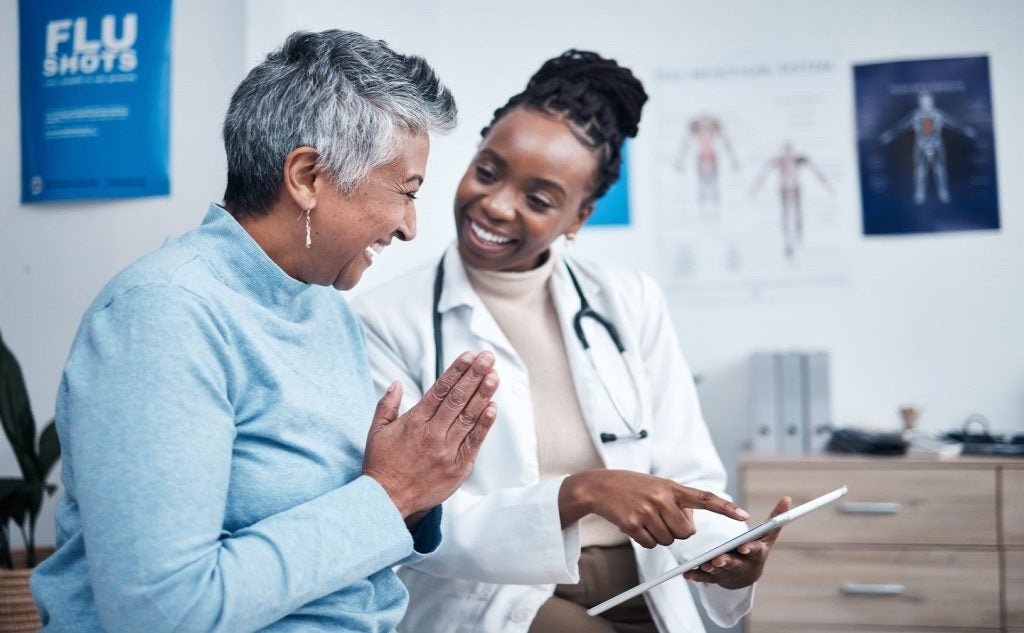Opioid overdose reversal kits delivered by drones could reach patients faster than ambulances according to new research that found that drones can reach 78% of cases in minutes.
Researchers at King’s College London using real-world data of fatal opioid overdoses where a bystander was present, found that drones can reach patients within seven minutes in 78% of cases.
The report’s authors say that commercial ‘off the shelf’ drones carrying Naloxone, a commonly provided opioid blocker used frequently in the case of overdoses, would be able to meet the seven-minute benchmark time for the arrival of emergency services for Category 1 calls in England.
The same study also found that ambulances were only able to reach 14% of cases in this time, even when factoring in best-case scenario traffic conditions.
Lead author Dr Caroline Copeland, said: “When a person overdoses and stops breathing, every second counts. Naloxone is very effective when given at the first signs of overdose and is easy to use.
“This study shows that drones can get naloxone to the site of an opioid overdose more quickly than paramedics in an ambulance. This could make a huge difference to people’s survival.
“Bystanders leaving the scene of overdoses occurs due to fear of prosecution as illegal drugs are often present at the scene. If naloxone can reach those who need it before paramedics and law enforcement, bystanders may be encouraged to help before leaving.”
Published in the journal, Addiction, used modelling to suggest that the Noloxone could be directly delivered to the site and rely on the presence of a bystander to administer the drug, to then be followed up on by paramedics.
Dr Paul Royall, first author and co-founder of Drone Mat Lab said: “Drones have the potential to revolutionise medicine delivery. A robust drone network can deliver naloxone kits efficiently.
“The drones under evaluation have collision detection technology so they don’t fly into buildings or through air space, and are deployed using a standalone drone station.”















